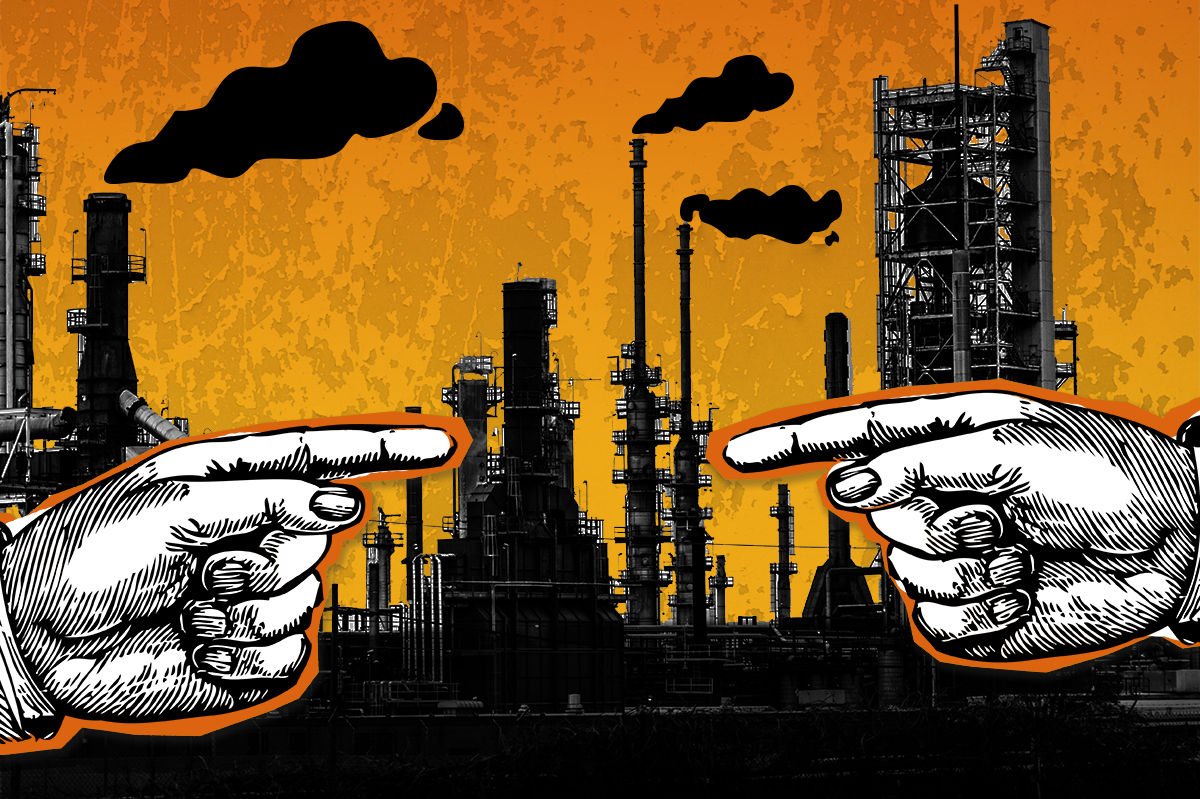It's late. People are tired. No one can agree on what to say, and everyone wants to go home, so you decide to just pack it in and leave the details for next time. We've all been there, yes, but probably not in a situation where the future of the planet is at stake.
That was the scene early on Sunday morning in Madrid where, despite an extra two days of haggling, the 25th UN climate summit broke up without a substantive agreement on how the nations of the world plan to reduce greenhouse gas emissions.
Before the meeting began, experts had warned that in order to meet the 2015 Paris summit's goal of limiting global warming to two degrees Celsius over pre-industrial temperatures this century, it will now be necessary to cut global emissions in half by 2030. This was looking like a pipe dream even before the Madrid participants failed to agree on:
More stringent emissions targets – Rich nations say they're already doing enough, developing ones say cutting back on fossil fuels unfairly limits their economic growth.
A new global market for carbon credits, in which greener countries can sell their pollution "rights" to dirtier ones, creating a financial incentive to cut emissions. Talks collapsed as Australia, Brazil, and Saudi Arabia pressed for loopholes that would have allowed them to count credits from an older, discredited carbon scheme (based on the Kyoto protocols of 1997) towards new targets.
A fair way to compensate poor countries for the effects of climate change, to which they are especially vulnerable. The US strongly opposes this, arguing it's too hard to ascribe blame for hurricanes and droughts, much less gradual rises in sea levels or desertification.
On all three points, the summit broke up with little more than a commitment to revisit these issues at the next summit, which will take place in Scotland in November 2020.
Here are a few things to think about:
Does the US matter? Washington ditched the Paris process earlier this year, a decision that takes effect in 2020. On the one hand, this weekend's fiasco shows that countries are deeply at odds over climate policy irrespective of what the US is (or isn't) doing. On the other, if the US were engaged, it could doubtless use its economic and diplomatic clout to help bridge some of those differences. Unless Washington rejoins at a later date, that's a moot point for now.
Others are picking up (some of) the slack. Though climate policy is stalled at the global level, there are indeed some individual bright spots. The EU last week threw its weight behind a "Green Deal" that would use financial incentives to reduce net carbon emissions to zero by 2050. Across the water in the US, the "We Are Still In" coalition unites hundreds of cities and private sector companies worth $6.2 trillion that are still committed to the Paris goals. That said, the Green Deal still lacks detail, and "We Are Still In" is barely a third of the US economy. Without leadership and agreement from the largest polluters (looking at you China, India, US, Russia), the local measures almost certainly won't be enough.
